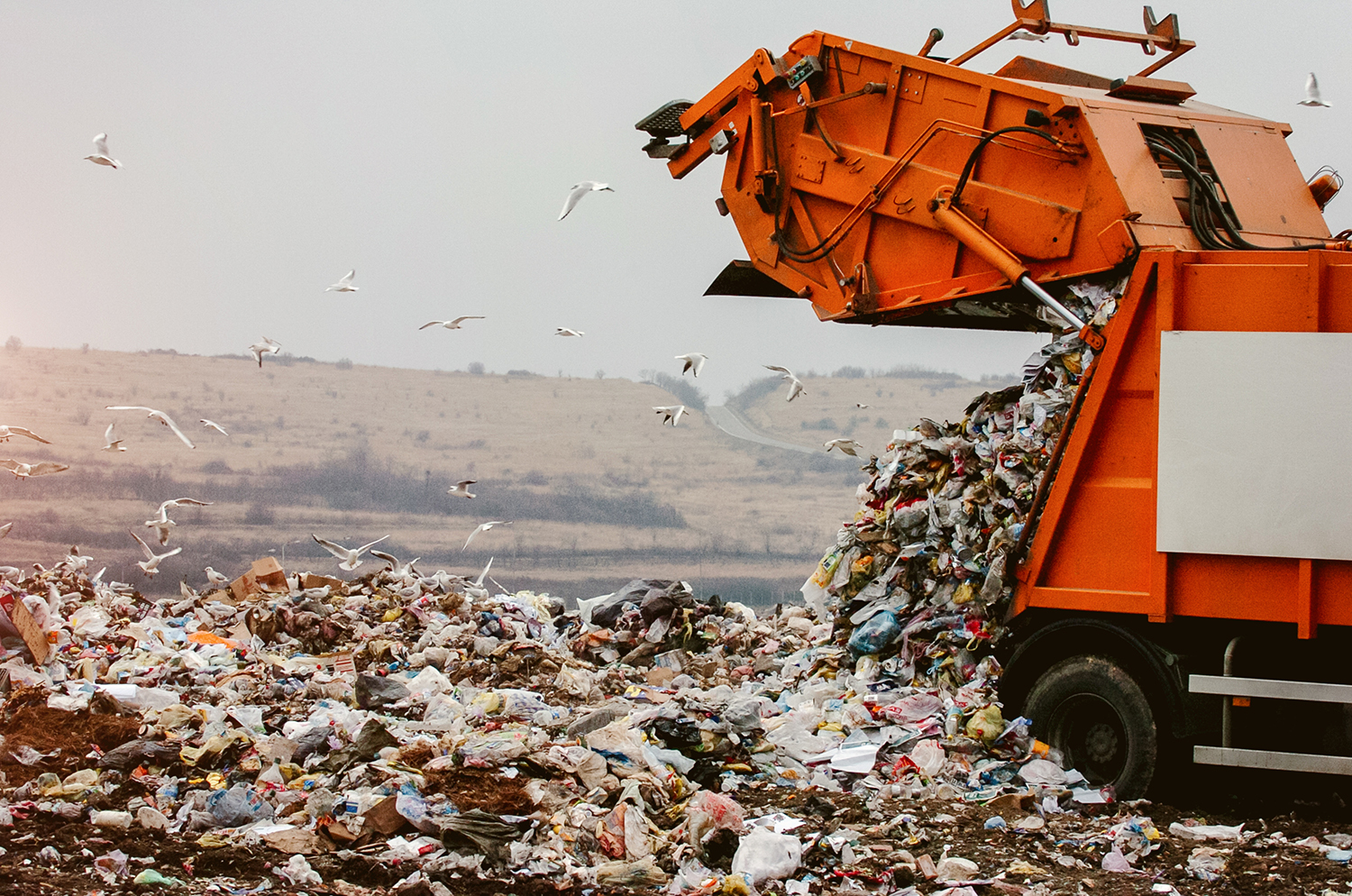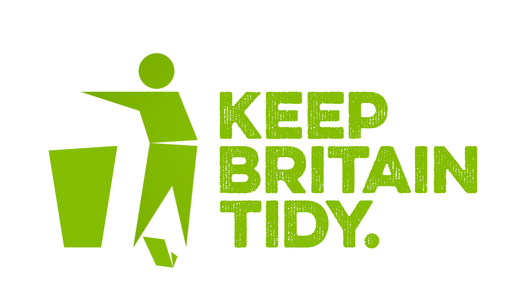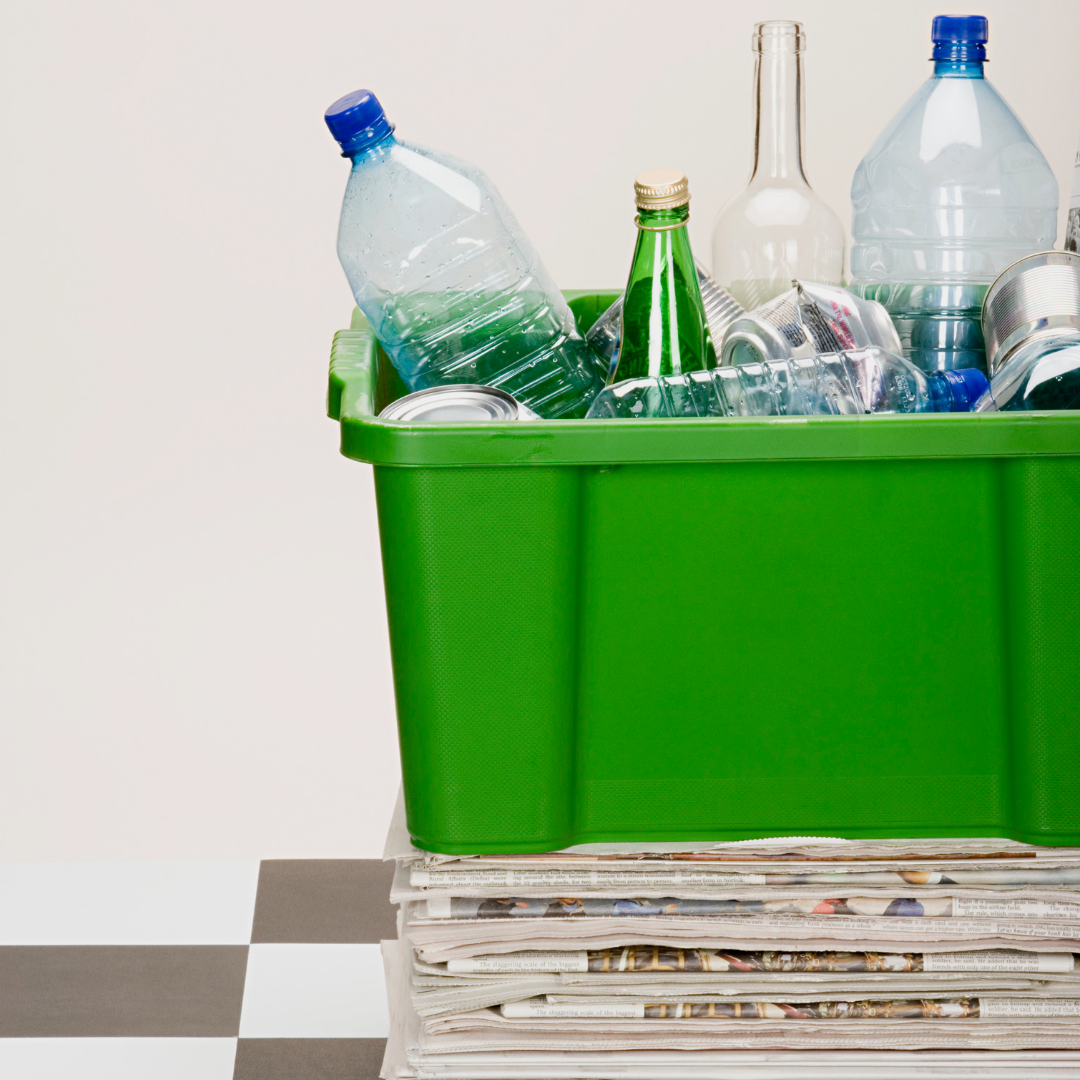
Research project with industry players tackles public’s ‘fundamental misunderstanding’ of waste prevention
Over three quarters of people say that they have heard the phrase ‘reduce, reuse, recycle’, but almost seven in ten people (68%) think that recycling is the best thing they can do to reduce the environmental impact of the things they buy.
Keep Britain Tidy is now launching a research project into how to communicate waste prevention to the public through use of the waste hierarchy. It comes after the charity found 85% of people mistakenly regard recycling as ‘waste prevention’.
As consumers are continually bombarded with marketing messages pushing them to buy more, Keep Britain Tidy has found that people are confused about how to reduce their environmental impact, defaulting to recycling rather than preventing waste in the first place, and lacking understanding of what ‘waste prevention’ measures, such as reduce and reuse, mean.
In previous research by the charity, when people were presented with a visual representation and explanation of the waste hierarchy, over half (55%) agreed that it gave them a better understanding of how waste should be dealt with to minimise environmental impact. This suggests that we should put the waste hierarchy front and centre in waste prevention communications.
Keep Britain Tidy’s Chief Executive, Allison Ogden Newton OBE, said: “This lack of knowledge is a significant and overlooked barrier to the take-up of waste prevention behaviours, which needs to be studied, considered and addressed urgently.
“In order to bring our natural resource use and carbon emissions down to environmentally sustainable levels, we need people to buy less in the first place and maximise the life of products that already exist.
“We urgently need the widespread adoption of waste prevention behaviours and we are committed to working closely with all stakeholders to find solutions on communicating them effectively to the public, which is why our new research project is critical.”
The charity is eager to educate people that while recycling is a necessary part of the waste hierarchy, it sits behind reduce and reuse, and the new research will explore how to better communicate waste prevention messages to the public.
The new research will look to develop a consumer-focused version of the waste hierarchy that is as understandable and motivating for the public as possible. It will look at the most effective visuals, terminology and messages to use to communicate waste prevention to the public, and how to frame recycling as being the least preferable option behind reduce and reuse, without discouraging people from doing it.
The charity also hopes to strengthen the link people make between the climate emergency and their consumption.
The outcome of the research will be aimed at policymakers and behaviour change practitioners in the waste and consumption arena. It will include a report alongside a simple guide for stakeholders to better communicate waste prevention to the public.
The project has been made possible thanks to players of People's Postcode Lottery and will see Keep Britain Tidy working with four other key organisations in the waste prevention area - Suez, CIWM, Greater Manchester Combined Authority and Merseyside Recycling and Waste Authority to collaborate to educate and motivate people to move beyond recycling and make choices that reduce the environmental impact of what they purchase in the first place.
Dr Adam Read, Chief Sustainability and External Affairs Officer for SUEZ recycling and recovery UK, said: “SUEZ is pleased to be collaborating with Keep Britain Tidy on this important piece of research, as it’s crucial that we educate and motivate people to move beyond recycling and think about waste prevention practices.
“To achieve a truly circular economy, we need to prevent waste being created in the first place and that means rethinking our relationship with the things we buy. Our consumption behaviours have a significant detrimental impact on our environment, in the UK consumers buy more new clothes than any other European country and throw away over one million tonnes per year.
“It’s not about banning the things we love, it’s about realising the opportunities to extend the life of our stuff and reduce the consumption of items we don’t need. Collective effort is required to empower the public to understand and adopt waste prevention behaviours.”
The charity aims to publish the report and guide in 2024.




